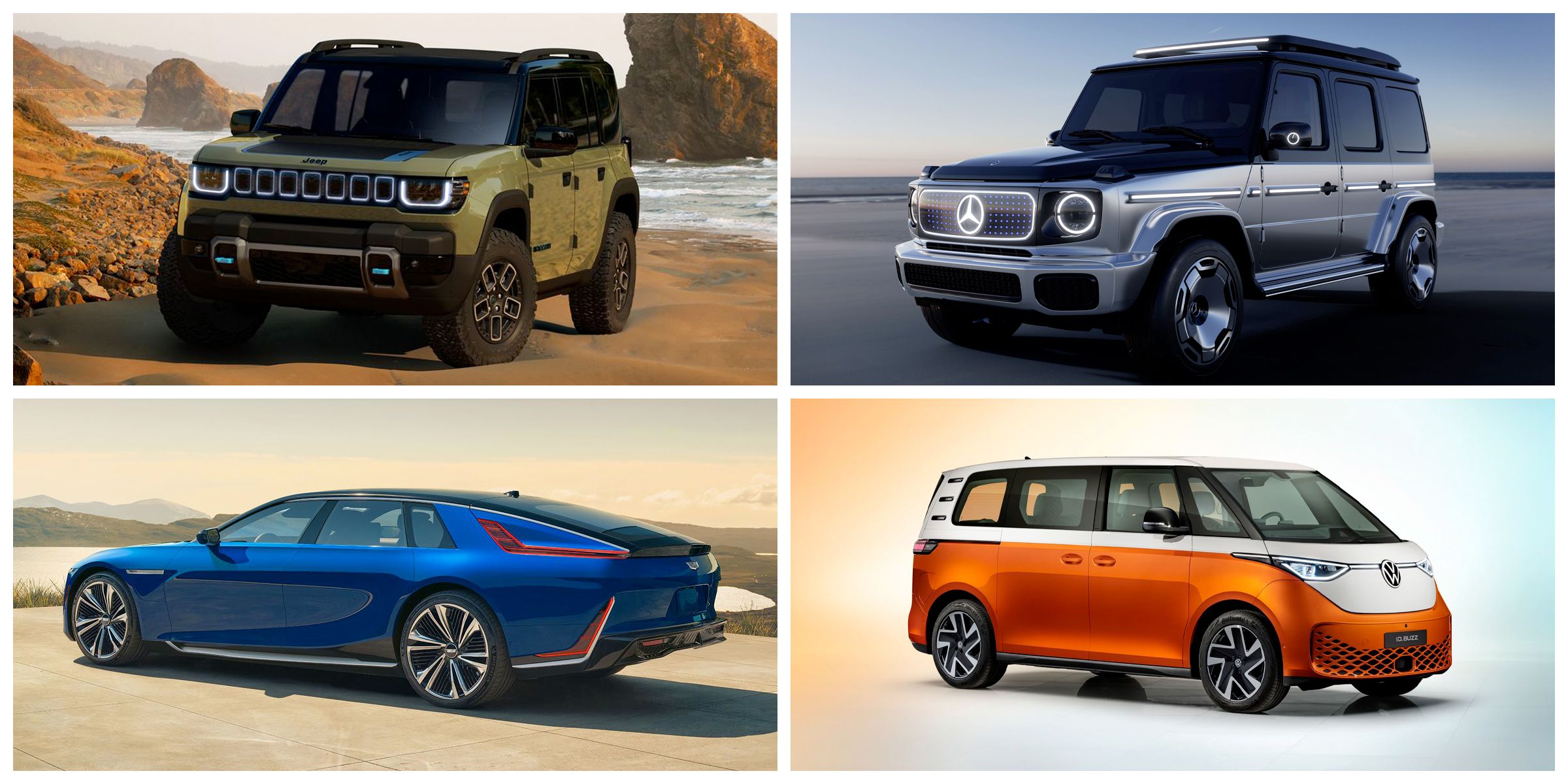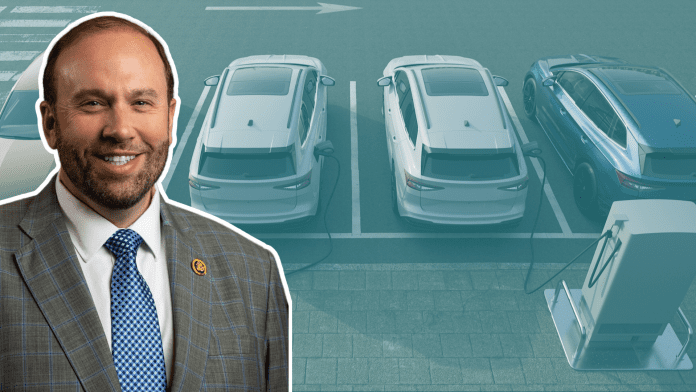Best Electric Cars 2025: A Global Perspective
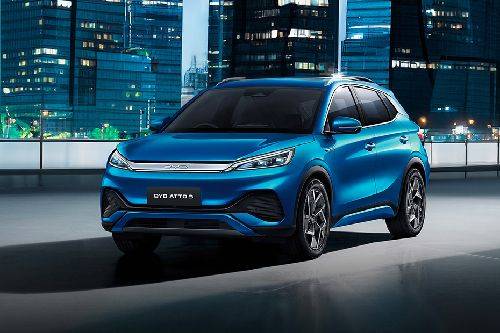
The automotive world is rapidly evolving, and the Best Electric Cars 2025 are set to redefine how we perceive personal transportation. These vehicles not only promise zero emissions but also incorporate advanced technology, safety features, and luxurious comforts. As we delve into what makes an electric car stand out in 2025, we will explore various aspects such as technological advancements, consumer preferences, environmental implications, and much more.
Introduction to Electric Vehicles in 2025

Electric vehicles (EVs) have come a long way since their inception, and by 2025, they are expected to dominate the automotive landscape. This evolution is shaped by several factors, including technological developments, regulatory frameworks, and growing consumer demand for green alternatives.
The Evolution of Electric Car Technology
The past decade has seen remarkable advancements in EV technology. Improvements in battery chemistry, range capabilities, and energy efficiency have made electric cars more viable than ever before.
Lithium-ion batteries have become increasingly efficient in storing energy, allowing manufacturers to produce vehicles with extended driving ranges. In some cases, these advancements mean that electric cars can now exceed 400 miles on a single charge.
Moreover, innovations such as solid-state batteries are on the horizon, promising even greater energy densities and faster charging times. This shift is crucial in reducing range anxiety among consumers who may hesitate to transition from traditional internal combustion engine (ICE) vehicles to electric ones.
Market Trends and Consumer Demand
Consumer demand for electric vehicles is steadily increasing. Factors such as rising fuel prices, increased awareness of climate change, and government incentives for sustainable transportation options are driving this trend.
In many regions, the idea of owning an electric vehicle is becoming synonymous with being environmentally conscious. According to various market analyses, the global electric vehicle market is projected to grow exponentially, with countries like China leading the charge in EV adoption.
As a result, automakers are expanding their electric lineups to meet this increasing consumer demand, resulting in a more competitive marketplace filled with diverse choices.
Environmental Impact and Sustainability Goals
The push towards electric vehicles is primarily rooted in sustainability goals aimed at combating climate change. Traditional gasoline and diesel vehicles contribute significantly to greenhouse gas emissions. Transitioning to electric vehicles can dramatically reduce these contributions, especially if the electricity used to charge them comes from renewable sources.
Many governments worldwide are setting stringent emissions targets, compelling manufacturers and consumers alike to consider electric vehicles. By 2025, it’s anticipated that EV sales will account for a significant percentage of total vehicle sales in major markets, marking a pivotal shift toward sustainable transportation solutions.
Key Factors in Choosing the Best Electric Cars
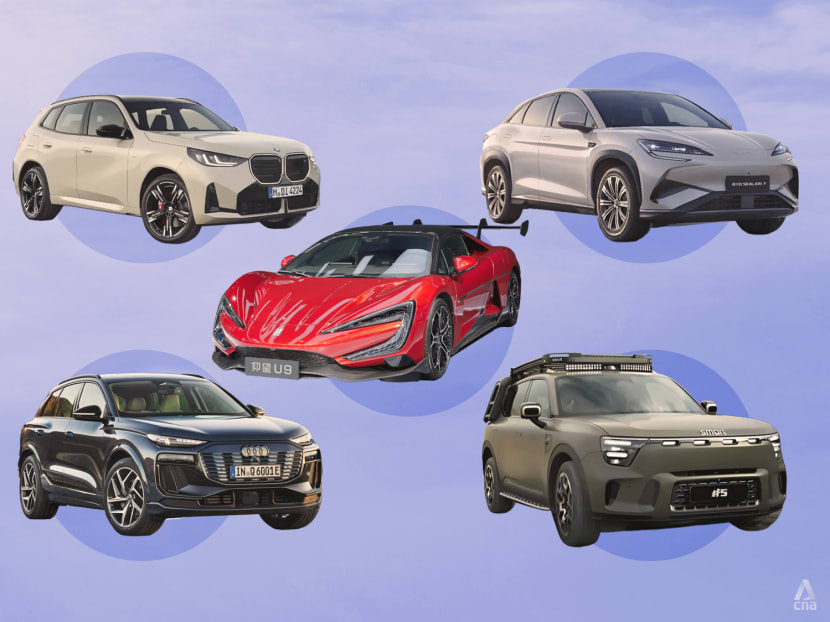
When it comes to selecting the best electric cars in 2025, various factors should be considered. From range and performance to safety and design, consumers need to make informed decisions based on their unique needs and preferences.
Range and Battery Performance
One of the most significant factors influencing consumer choice in electric vehicles is range. Range anxiety—the fear of running out of battery power before reaching a charging station—has traditionally been a barrier for many potential buyers.
Battery performance is closely related to range. Modern electric cars are equipped with larger battery capacity and advanced technologies that optimize energy consumption. Many models in 2025 are expected to offer ranges exceeding 300-400 miles, making them suitable for both daily commutes and longer journeys.
Additionally, battery longevity is also a critical factor. Consumers will want to know how well the battery performs over time and whether it maintains its charging capacity effectively.
Charging Infrastructure and Speed
As electric vehicle adoption increases, so too does the need for an extensive and reliable charging infrastructure. Fast-charging stations are essential for alleviating range anxiety and providing convenience for drivers.
By 2025, many cities and regions will have expanded their charging networks significantly. Public charging stations will become more commonplace, and ultra-fast chargers capable of replenishing batteries in under 30 minutes will likely be available.
Home charging solutions are also important considerations. With many electric car owners opting for residential chargers, understanding installation options and costs will play a crucial role in decision-making.
Price and Total Cost of Ownership
While the initial purchase price of electric vehicles is often higher than their gasoline counterparts, the total cost of ownership must also be taken into account. Factors such as maintenance costs, fuel savings, insurance, and resale value all contribute to the overall expense of owning an electric vehicle.
By 2025, the average price of electric vehicles is expected to decrease as production scales up and economies of scale are realized. Moreover, government incentives and subsidies can further offset costs, making electric cars more accessible to a broader audience.
Understanding these financial implications will help consumers make educated choices when investing in their next vehicle.
Safety Features and Ratings
Safety is paramount for any automobile buyer. In recent years, electric vehicles have substantially improved their safety ratings thanks to advanced engineering, rigorous testing, and the inclusion of cutting-edge safety technologies.
Automakers are incorporating advanced driver-assistance systems (ADAS) in their electric models, which enhance safety through features like adaptive cruise control, lane-keeping assist, and automatic emergency braking.
As safety standards evolve, consumers can expect comprehensive ratings and reviews from organizations like the National Highway Traffic Safety Administration (NHTSA) and the Insurance Institute for Highway Safety (IIHS) to guide their choices.
Design, Comfort, and Interior Features
An electric vehicle’s design and interior comfort cannot be overlooked. As the competition heats up in the EV market, manufacturers are striving to create aesthetically pleasing designs that appeal to modern sensibilities.
Interior features often include spacious cabin layouts, high-quality materials, and intuitive infotainment systems. Tech-driven features, such as voice controls and smartphone integration, are becoming standard offerings.
Ultimately, a buyer’s lifestyle and daily commuting needs will greatly influence their preferences regarding design and comfort.
Technological Innovations and Connectivity
Technology plays a pivotal role in shaping the modern electric vehicle experience. Cutting-edge connectivity features, including mobile apps, cloud-based navigation, and real-time traffic updates, are becoming standard in electric cars.
In 2025, consumers can expect enhanced user interfaces that allow for seamless interactions between vehicles and drivers. Innovations in autonomous driving technology will also continue to evolve, offering additional conveniences.
These technological advances not only enrich the driving experience but also promote a more connected and smart approach to transportation.
Top Electric Car Brands Leading the Industry
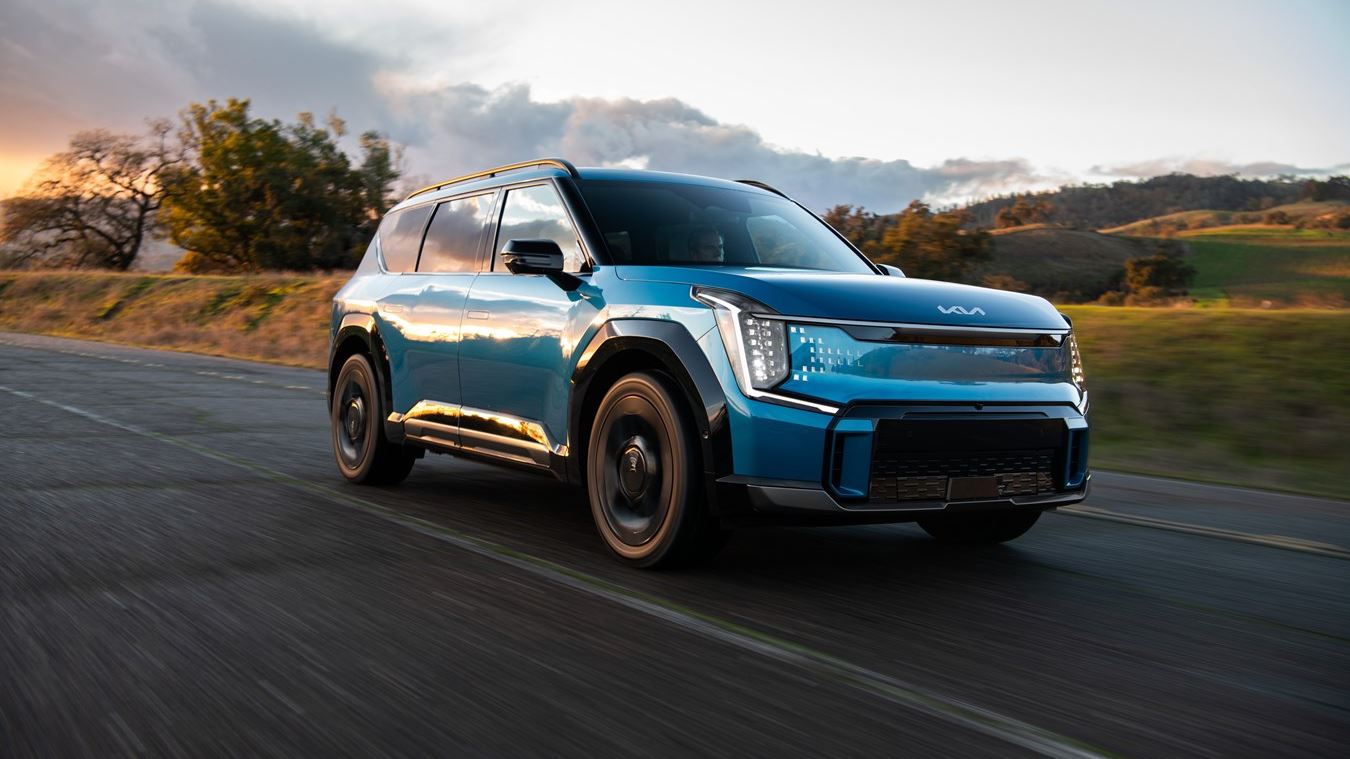
As the electric vehicle market matures, several key players are emerging as leaders in the industry. Each brand brings unique offerings that cater to different consumer preferences and demands.
Tesla
Tesla continues to be the flagbearer of electric vehicles, gaining fame for its innovative technology, impressive performance, and extensive charging network. The Best Electric Cars 2025 from Tesla, including the Model S and Model 3, set benchmarks for range and performance.
With continual updates and improvements, Tesla remains a favorite for tech-savvy buyers looking for state-of-the-art features and autonomous driving capabilities.
Ford
Ford is rapidly transforming its image from a traditional automotive giant to a forward-thinking electric vehicle manufacturer. Vehicles like the Ford Mustang Mach-E and upcoming electric F-150 showcase the company’s commitment to electrification.
Ford’s investment in EV technology and infrastructure positions it as a formidable competitor in the electric vehicle space, appealing to a broad audience across various demographics.
General Motors
General Motors (GM) is stepping up its electric vehicle game with an ambitious plan to introduce a plethora of electric models. The Chevrolet Bolt EV has already made waves for its affordability and utility, while future models, like the Cadillac Lyriq, promise luxury electric experiences.
GM’s commitment to sustainability and innovative technology places them firmly in the race for the Best Electric Cars 2025.
Volkswagen
Volkswagen is undergoing a radical transformation as it pivots to electric mobility. The ID.4 and ID. Buzz demonstrate VW’s dedication to creating versatile electric vehicles that appeal to families and adventure-seekers alike.
The brand’s focus on sustainability and eco-friendly practices enhances its reputation in the electric vehicle sector.
Hyundai and Kia
Hyundai and Kia are rising stars in the electric vehicle market, with a strong lineup of innovative models. The Hyundai Ioniq 5 and Kia EV6 have garnered attention for their impressive range, rapid charging capabilities, and stylish designs.
These brands exemplify the balance of quality, affordability, and technological innovation that consumers desire in the Best Electric Cars 2025.
BMW and Mercedes-Benz
Luxury automakers like BMW and Mercedes-Benz are also making strides in electric mobility. The BMW i4 and iX offer premium features combined with exhilarating performance, while Mercedes-Benz’s EQ Series is redefining luxury in the EV segment.
These brands emphasize quality craftsmanship, cutting-edge technology, and the driving experience, appealing to discerning customers looking for top-tier electric vehicles.
Other Emerging Manufacturers
In addition to established brands, many emerging manufacturers are making waves in the electric vehicle space. Companies like Rivian and Lucid Motors are attracting attention with their unique offerings, aimed at niche markets.
Furthermore, startups focusing on specific electric vehicle segments—such as delivery vans or compact city cars—are adding diversity and innovation to the market.
Notable Electric Car Models for 2025
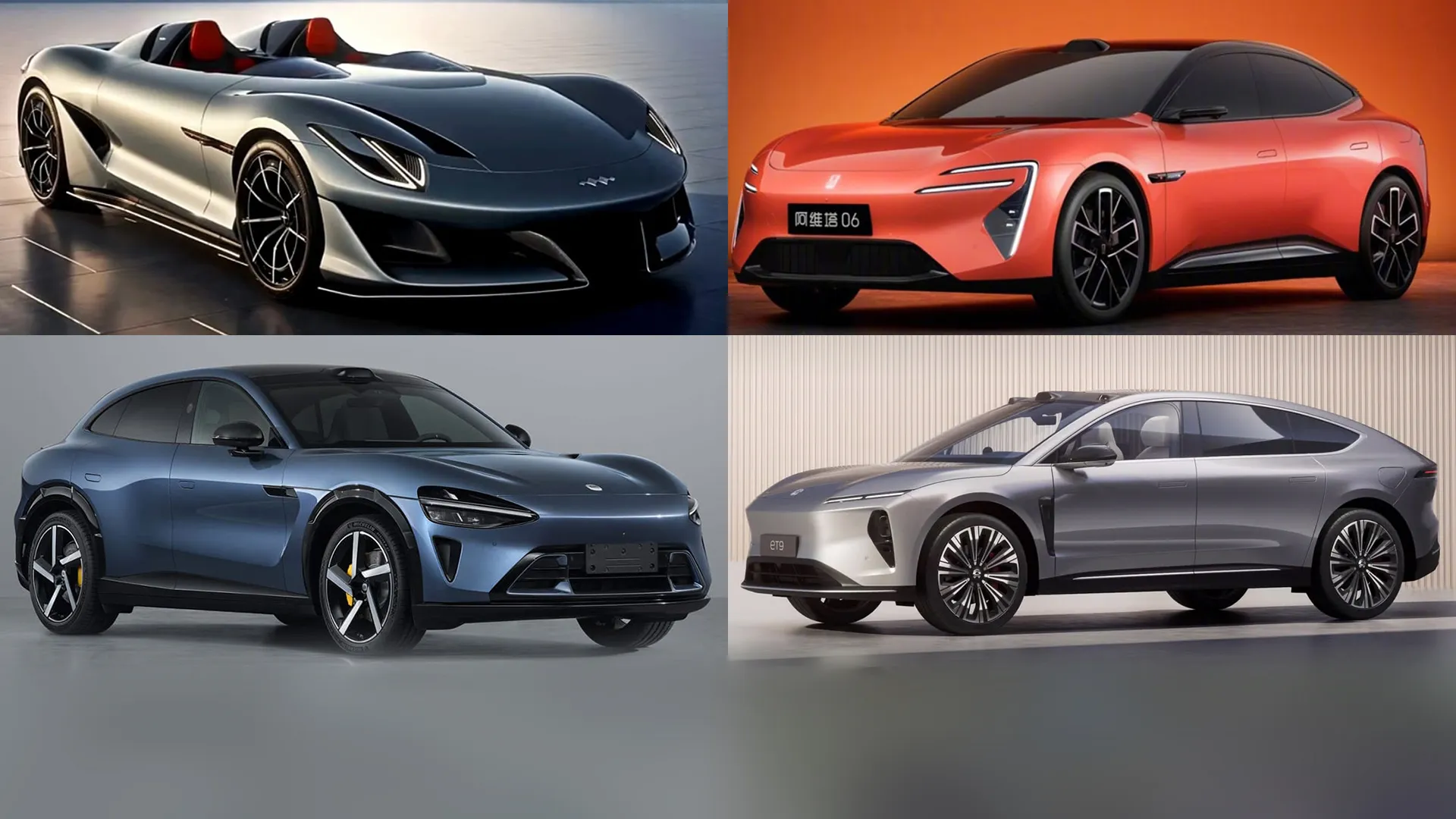
As we look ahead to the electric vehicle landscape in 2025, several models stand out for their anticipated performance, range, and features.
Tesla Model S Refresh and Variants
Tesla’s flagship Model S is set for a refresh, featuring enhancements in range, interior quality, and technology. Known for its exceptional acceleration and handling, the Model S remains a top contender in the luxury electric car arena.
With new variants expected, including those focused on performance and efficiency, consumers can choose according to their preferences.
Ford Mustang Mach-E
The Ford Mustang Mach-E has garnered significant acclaim for its compelling blend of style, performance, and practicality. Its sporty design pays homage to the iconic Mustang while offering state-of-the-art electric capabilities.
With multiple configurations to choose from, including extended-range options, the Mach-E appeals to a wide variety of potential buyers.
Chevrolet Bolt EV and EUV
Chevrolet’s Bolt EV has proven to be a popular choice among budget-conscious consumers looking for an affordable electric vehicle. With the introduction of the Bolt EUV, Chevrolet caters to those seeking SUV versatility without sacrificing efficiency.
Both models provide impressive range, ensuring that drivers can confidently navigate their daily commutes.
Volkswagen ID.4 and ID. Buzz
Volkswagen’s ID.4 marks the brand’s entry into the electric SUV segment, boasting a roomy interior and innovative tech features. Its combination of practicality and style makes it a strong contender for families and adventurers alike.
Additionally, the revival of the ID. Buzz concept taps into nostalgia while showcasing Volkswagen’s commitment to sustainable transport solutions.
Hyundai Ioniq 7 and Kona Electric
The Hyundai Ioniq 7 promises to deliver spaciousness and cutting-edge technology, catering to families looking for eco-friendly options. Its versatility and modern design position it as one of the Best Electric Cars 2025 contenders.
Meanwhile, the Kona Electric continues to impress with its compact size and efficiency, making it ideal for urban dwellers.
Kia EV6 and Soul EV
Kia’s EV6 stands out with its bold design and impressive performance metrics. As one of the first models to utilize the E-GMP platform, it promises rapid charging and exceptional range.
The Soul EV, a fan-favorite, remains a practical and fun option for those wanting an electric version of the quirky hatchback.
BMW i4 and iX
BMW’s i4 offers a taste of luxury paired with electric performance. This coupe-style electric sedan combines striking aesthetics with dynamic driving characteristics, catering to those looking for a premium experience.
The BMW iX enters the luxury SUV market, providing ample space and advanced technology features, making it a prime choice for families.
Mercedes-Benz EQ Series
Mercedes-Benz is committed to electrification through its EQ Series, which combines luxury and performance seamlessly. Models like the EQC and EQS focus on delivering an unmatched driving experience while prioritizing sustainability.
With luxurious interiors and cutting-edge technology, the EQ series exemplifies the best of German engineering in the electric realm.
Innovative Features in 2025 Electric Vehicles
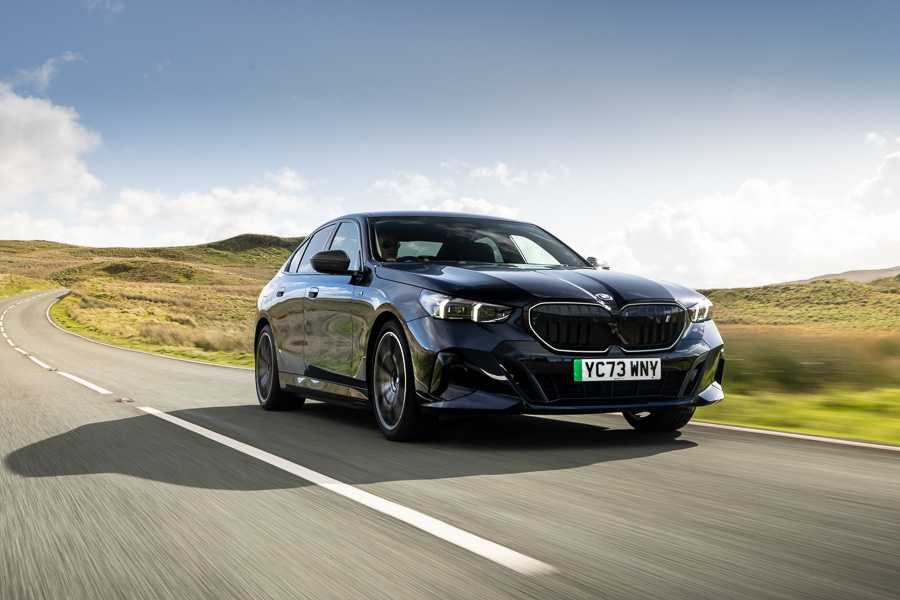
By 2025, electric vehicles will feature innovations that extend far beyond basic transportation needs. Understanding these features can help consumers make informed choices when selecting their next electric vehicle.
Advanced Driver Assistance Systems
As road safety becomes increasingly prioritized, advanced driver assistance systems (ADAS) are becoming ubiquitous in electric vehicles. These systems aid in tasks such as adaptive cruise control, blind-spot monitoring, and collision avoidance.
The integration of AI and machine learning allows these systems to adapt to individual driving styles, enhancing not only safety but also the overall driving experience.
Autonomous Driving Capabilities
Autonomous driving is no longer just a futuristic concept; it’s becoming a reality. Many electric vehicles are expected to incorporate varying levels of self-driving technology, enabling hands-free operation in certain conditions.
This paradigm shift could revolutionize how we view personal transportation, allowing drivers to use travel time for work or leisure activities.
Enhanced Infotainment and User Interfaces
User experience is a focal point for modern electric vehicles, with infotainment systems continually evolving. Expect touch-screen displays, voice recognition, and smartphone integration to become standard features, making for intuitive interactions.
Onboard software updates ensure that vehicles remain current with the latest technology trends, enhancing functionality over time.
Sustainable and Eco-Friendly Materials
As sustainability takes center stage, manufacturers are exploring eco-friendly materials for vehicle interiors and exteriors. Recycled plastics, bio-fabrics, and natural composites are gaining traction, reducing environmental impact while maintaining luxury standards.
Incorporating sustainable materials demonstrates a brand’s commitment to environmental responsibility, resonating with modern consumers.
Over-the-Air Software Updates
Over-the-air (OTA) updates signify a major departure from conventional vehicle maintenance. Instead of requiring service appointments for software updates, electric vehicles can receive necessary updates remotely.
This capability ensures that drivers benefit from the latest features and enhancements without the hassle of scheduling visits to dealerships.
Charging Solutions and Infrastructure Developments
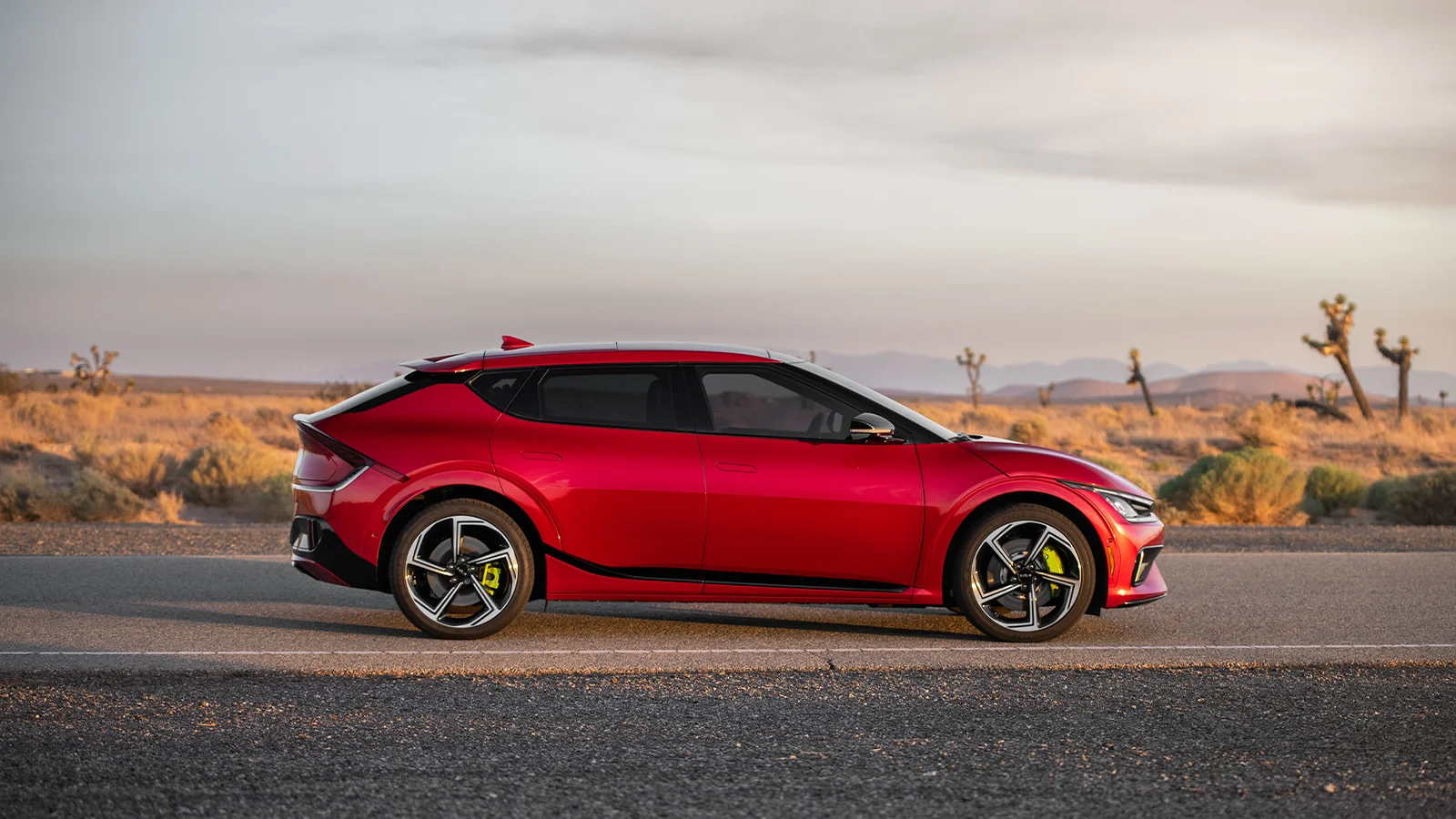
For electric vehicles to reach their full potential, robust charging solutions and infrastructure development are essential. As we move towards 2025, advancements in charging technology will shape the landscape of electric mobility.
Fast Charging Networks Expansion
Fast-charging networks are expanding rapidly, addressing the issue of range anxiety. By 2025, numerous ultra-fast charging stations will dot the landscape, allowing drivers to recharge their vehicles in record time.
This expansion will bring about a more convenient experience for electric vehicle drivers, enabling long-distance travel and reducing downtime.
Home Charging Options and Technologies
Home charging continues to represent an attractive option for electric vehicle owners. The availability of Level 2 home chargers makes overnight charging feasible and efficient, eliminating the need for frequent stops at public stations.
Advancements in home charging technologies, including smart chargers, allow users to monitor and manage their charging habits through mobile applications.
Wireless Charging Concepts
Wireless charging represents an exciting frontier in charging technology. By 2025, some electric vehicles may offer inductive charging systems, where the vehicle charges simply by parking over a designated pad.
This technology promises to eliminate the cumbersome process of plugging in, making it easier for consumers to keep their vehicles charged at all times.
Compatibility with Renewable Energy Sources
The synergy between electric vehicles and renewable energy sources such as solar panels will become increasingly pronounced. Many EV owners are expected to invest in home solar systems, allowing them to charge their vehicles with clean energy.
This compatibility emphasizes the overarching goal of sustainability and showcases electricity consumption’s potential to drastically reduce carbon footprints.
Future Outlook and Predictions for Electric Vehicles
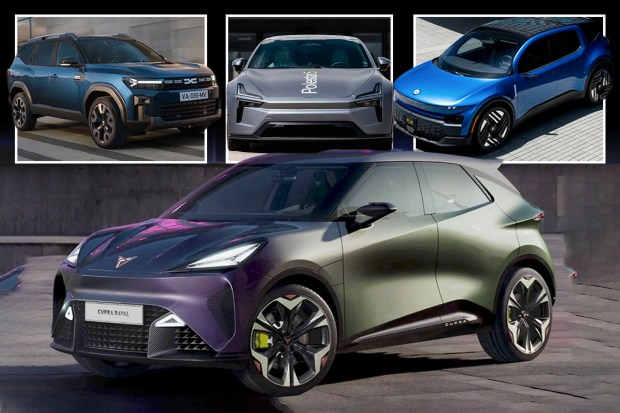
As we gaze into the future of electric vehicles, numerous possibilities emerge. We can expect groundbreaking innovations, increased affordability, and a reshaped automotive landscape.
Technological Breakthroughs on the Horizon
Promising technological breakthroughs are likely to emerge, particularly in battery technology and autonomous driving. Solid-state batteries are poised to replace traditional lithium-ion batteries, offering enhanced safety and efficiency.
Additionally, advancements in artificial intelligence and machine learning will further enhance self-driving capabilities, bringing us closer to fully autonomous vehicles.
Price Reduction and Accessibility
Price reductions in electric vehicles are anticipated as manufacturers ramp up production and competition intensifies. By 2025, a wider array of affordable electric options will be available, making EVs accessible to more consumers across various income levels.
Government incentives and subsidies will also play a role in encouraging consumers to make the switch to electric.
Regulatory Policies and Incentives
Governments around the world are likely to implement stringent regulations aimed at reducing emissions and promoting electric vehicle adoption. Such policies will create a supportive environment for EV sales, favoring consumers who choose eco-friendly transportation options.
Regulatory frameworks will evolve to ensure that both consumers and manufacturers adhere to sustainability goals.
Impact on Traditional Automotive Industry
The rise of electric vehicles is reshaping the traditional automotive industry. Legacy automakers must pivot to remain relevant, adapting their business models to accommodate changing consumer preferences and demand for sustainable solutions.
As electric vehicles proliferate, we will likely witness a dramatic decline in traditional ICE vehicles, fundamentally altering the automotive landscape.
Comparing Electric Cars and Internal Combustion Engines in 2025
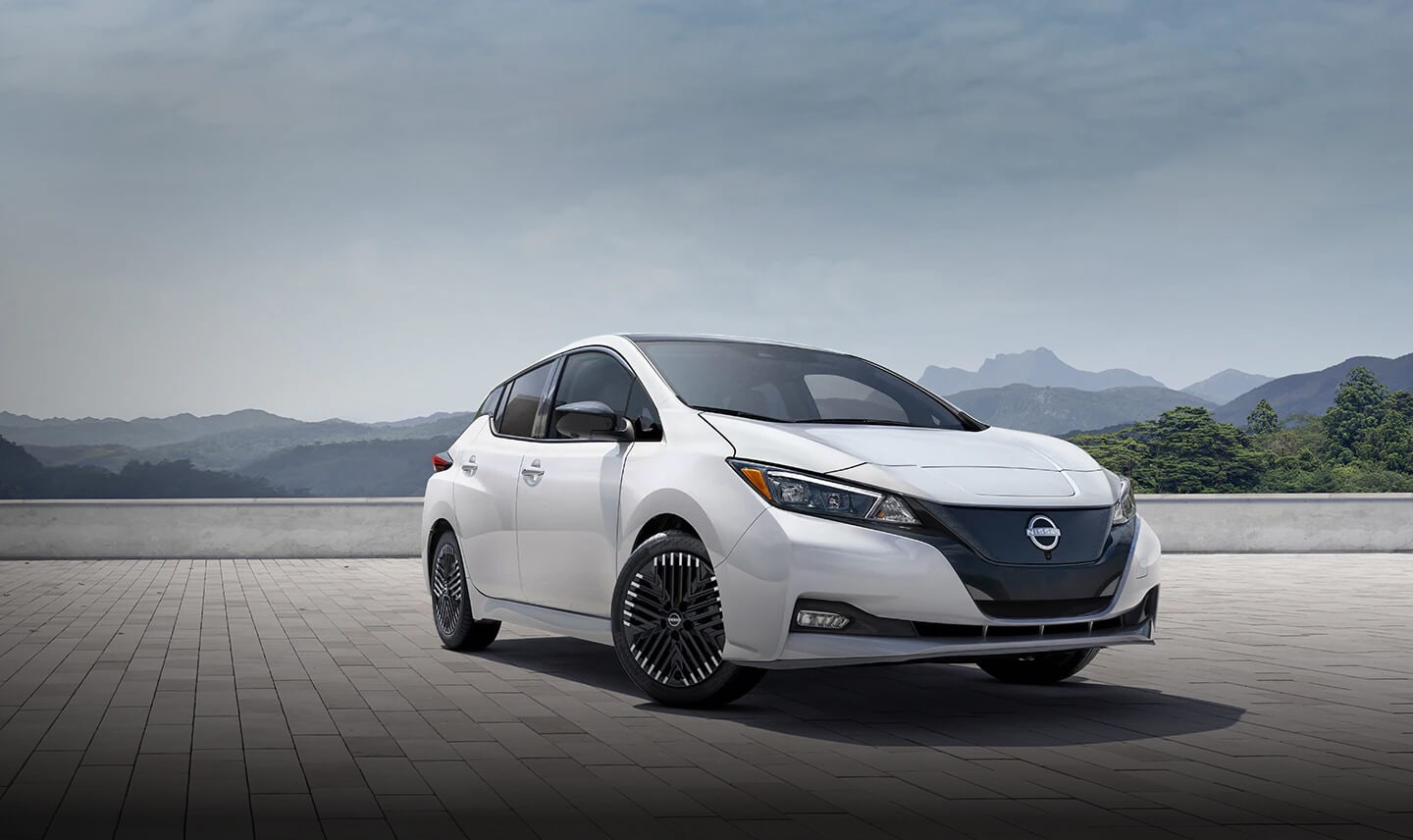
As electric vehicles gain prominence, a comparison between electric cars and traditional internal combustion engine (ICE) vehicles reveals key differences in aspects such as cost efficiency, performance, and environmental benefits.
Cost Efficiency and Maintenance
Electric vehicles tend to be more cost-efficient in the long run. While the initial purchase price may be higher, lower operational costs—including reduced fuel expenses and minimal maintenance needs—make electric vehicles financially appealing.
Without oil changes, exhaust systems, and complex transmissions to maintain, electric vehicles present a simplified ownership experience.
Performance and Driving Experience
Electric vehicles typically offer instant torque and smooth acceleration, creating a unique driving experience. The low center of gravity common in electric vehicles also enhances handling and stability.
Comparatively, traditional ICE vehicles may lag in responsiveness and agility due to the inherent limitations of gasoline engines. As electric vehicle technology evolves, we can expect performance metrics to improve even further.
Environmental Benefits
The environmental benefits of electric vehicles are undeniable. By producing zero tailpipe emissions, electric vehicles contribute significantly to reducing air pollution and combating climate change.
When charged using renewable energy sources, electric vehicles become an even more powerful tool for achieving sustainability goals, minimizing reliance on fossil fuels.
Challenges Facing Electric Car Adoption in 2025
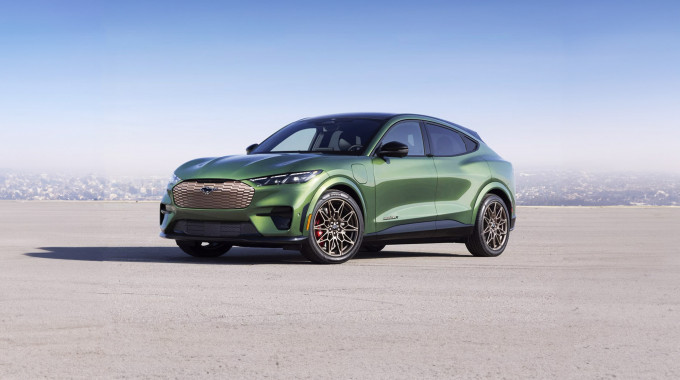
Despite the promising future of electric vehicles, several challenges remain that could hinder widespread adoption. Addressing these issues will be critical for the continued growth of the electric vehicle market.
Battery Recycling and Sustainability
As the demand for electric vehicles increases, the need for sustainable battery recycling solutions becomes more pressing. Research and development in this area will be vital to minimize waste and environmental impact.
Implementing effective recycling programs can reintroduce valuable materials back into the supply chain, further supporting sustainable practices.
Supply Chain and Raw Material Concerns
The supply chain for raw materials essential to battery production poses challenges for the electric vehicle industry. Scarcity of resources such as lithium, cobalt, and nickel may impact the availability and pricing of electric vehicles.
Ensuring ethical sourcing and diversifying material supplies will be critical for manufacturers to sustain production levels.
Consumer Awareness and Education
Educating consumers about the benefits of electric vehicles is essential for driving adoption rates. Misconceptions about range, charging time, and performance can deter potential buyers.
Educational initiatives, coupled with demonstrations and test drives, can help bridge the knowledge gap and encourage consumers to embrace electric mobility.
Infrastructure Limitations
Even as charging networks expand, there are still regions where infrastructure development lags behind. Urban centers may boast ample charging stations, but rural areas often lack access to essential charging facilities.
Government investment and collaboration with private companies will be necessary to address infrastructure disparities.
How to Choose the Right Electric Car for Your Needs
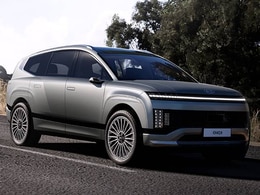
When considering the transition to electric vehicles, consumers should assess their unique needs and circumstances to find the perfect match. Several key factors will aid in determining the ideal electric vehicle for individual drivers.
Assessing Your Driving Habits and Range Requirements
Understanding your daily driving habits is fundamental. Consider how far you typically drive each day and whether your routes involve long distances or city commuting.
Range requirements will dictate which electric vehicles suit your lifestyle. For those with short daily commutes, models with lower ranges may suffice, while frequent long-distance travelers may need higher-capacity options.
Budget Considerations and Financing Options
Budget constraints play a significant role in vehicle selection. Determine your price range and consider long-term ownership costs, including insurance, maintenance, and charging expenses.
Explore financing options, as many manufacturers offer favorable terms specifically for electric vehicles, making them more accessible to a broader range of consumers.
Evaluating Technology and Features
Identify which technological features are essential for your driving experience. Are you interested in advanced safety features, infotainment systems, or driving assistance technologies?
Researching and comparing available options helps pinpoint the right blend of features tailored to your preferences.
Planning for Future Upgrades and Battery Life
Consider the longevity of the electric vehicle’s battery and warranty coverage. Many manufacturers offer warranties spanning several years, assuring peace of mind regarding battery performance.
Assess whether the vehicle allows for future upgrades, such as software enhancements or hardware improvements, ensuring the longevity of your investment.
Video
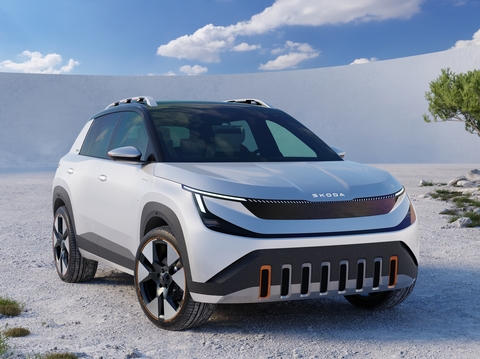
Conclusion

The landscape of electric vehicles is rapidly evolving, with the Best Electric Cars 2025 set to redefine the automotive experience. From innovative technologies and impressive performance metrics to sustainability and affordability, electric cars offer numerous advantages for consumers. As the industry continues to mature, manufacturers are expected to deliver diverse options that cater to various lifestyles and preferences. With ongoing advancements in infrastructure, consumer education, and regulatory support, the future of electric mobility appears brighter than ever.

